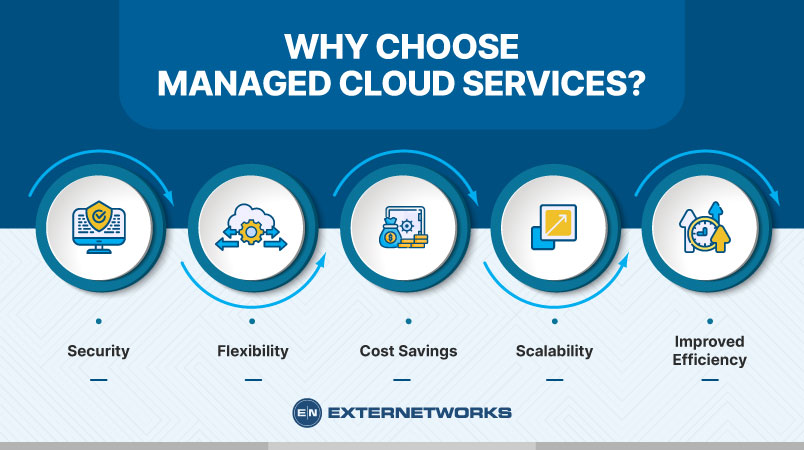28.4k views
Cloud computing is an approach to information technology that enables users to access applications over the Internet rather than on a client computer or device connected directly to a server.
The basic idea behind cloud computing is that companies no longer have to buy, manage, and maintain all the hardware, software, and networking equipment required to support their IT infrastructure. Instead, they pay a monthly subscription fee to a third-party provider who handles all those tasks.
As a result, businesses can focus more time and attention on growing their core business instead of spending it managing their IT systems. This shift in thinking about how companies should be using technology led to the creation of the term managed cloud service.
A managed cloud service is an outsourcing IT support solution that gives users access to cloud computing resources. Businesses can outsource their cloud computing needs to a managed cloud service provider. These providers will evaluate your current cloud setup and devise a customized solution to optimize it. You can use managed cloud services to migrate your existing workloads to the cloud or start fresh with a clean slate. Users adopt managed cloud services throughout all stages of the cloud solution lifecycle, including during initial adoption and ongoing management. These services can assist with initial adoption or can continue to be offered as a continuous offering.
There are many benefits to choosing managed cloud services. Here are just some of the reasons why they are so popular today:

Security: You don’t have to worry about securing your servers or installing any new software with managed cloud services; your provider will handle everything for you.
Flexibility: Unlike traditional IT solutions, which require you to purchase specific products and then set up and configure them yourself, managed cloud services give you access to various technologies at any given time. As your needs change, you can easily add or remove services to meet your changing requirements.
Cost Savings: Because managed cloud services are typically less expensive than buying and maintaining your servers and software, they help you save money while still providing you with the same reliability and performance.
Scalability: When you choose a managed cloud service, you’re not locked into purchasing a certain number of servers or having to upgrade your existing system when your company grows. Instead, you simply pay for additional capacity as your business demands grow.
Improved Efficiency: By outsourcing your IT management to a third party, you can free up your staff’s time to work on things that matter most to your business.
In conclusion, a managed cloud service provides you with everything you need to run your cloud environment reliably. It gives you the flexibility to scale up or down as your business needs change and allows you to spend more time focusing on running your business instead of worrying about managing your IT systems.
